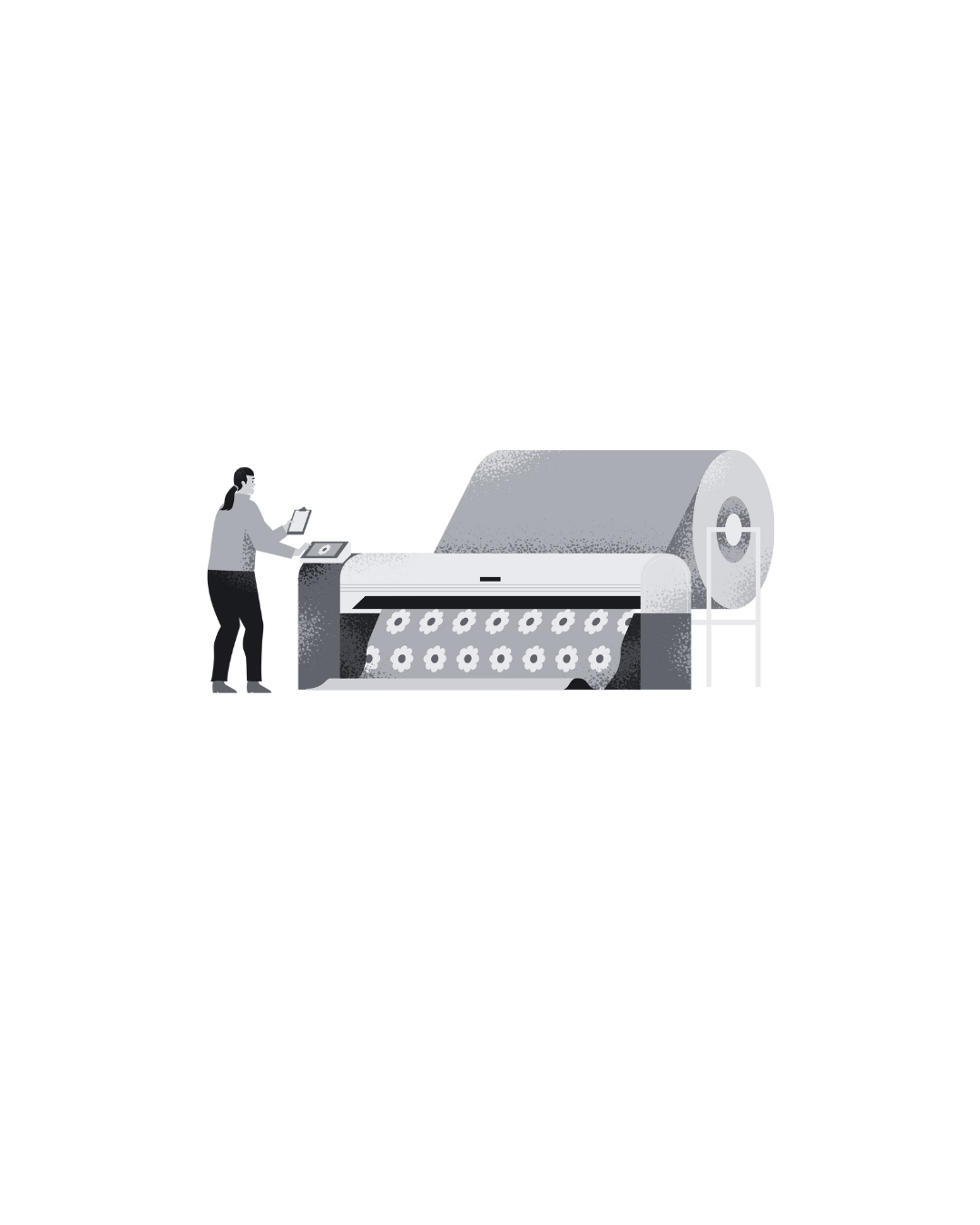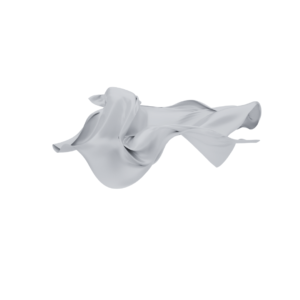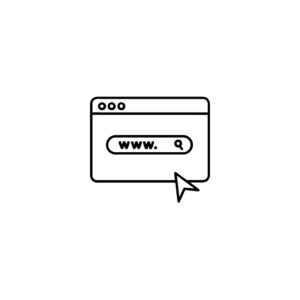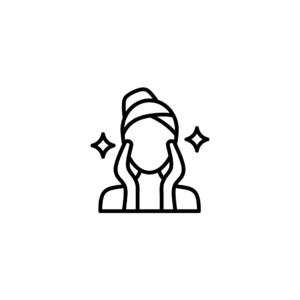Description
A Bachelor of Arts in Fashion Design for Industry is a specialized program tailored for students seeking to develop the skills and knowledge necessary for a successful career in the fashion industry. This program emphasizes practical applications and industry standards, preparing graduates for various roles in fashion design, production, and merchandising.
Curriculum Overview
The curriculum for a Bachelor of Arts in Fashion Design for Industry typically combines academic theory with hands-on experience in design and production processes. Here are some common subjects and areas of focus included in this program:
Core Subjects
Introduction to Fashion Design:
Overview of the fashion design process, including an understanding of fashion cycles, trends, and the industry landscape.
Fashion Illustration and Technical Drawing:
Techniques for sketching designs, creating technical flats, and visually communicating ideas through illustration.
Textiles and Fabric Properties:
Study of different textiles, their qualities, and how they influence design and manufacturing decisions.
Pattern Making and Garment Construction:
Skills in creating patterns for garments and understanding construction methods and fit adjustments.
Draping Techniques:
Practical experience draping fabric on forms to visualize and create garment designs in three dimensions.
Commercial Fashion Design:
Learning design practices that meet industry standards, including collections development for commercial markets.
Fashion Marketing and Consumer Behavior:
Exploration of fashion marketing principles, branding strategies, and understanding consumer trends and preferences.
Sustainability in Fashion:
Examination of sustainable practices within the fashion industry, focusing on ethical sourcing, materials, and production methods.
Fashion Technology and CAD:
Training in computer-aided design (CAD) software for fashion, enabling students to create digital designs and patterns.
Industry Internship or Capstone Project:
Practical experience through internships or significant projects that allow students to apply their learning in real-world settings.
Career Opportunities
Graduates with a Bachelor of Arts in Fashion Design for Industry can pursue various rewarding careers, including:
Fashion Designer: Creating original designs for clothing, accessories, and footwear, working within established brands or as independent designers.
Apparel Product Developer: Collaborating with teams to develop styles from concept through production, ensuring timelines and quality standards are met.
Costume Designer: Designing costumes for theater, film, or television productions, considering character needs and historical accuracy.
Textile Designer: Focusing on creating patterns and prints for fabrics used in fashion and home goods.
Fashion Buyer: Selecting and purchasing clothing and accessories for retail, analyzing market trends and determining product assortments.
Merchandiser: Developing strategies to market collections effectively and drive sales based on consumer insights.
Fashion Stylist: Curating looks for various settings, including photo shoots, runways, or private clients, enhancing visual appeal through styling.
Sustainability Specialist: Helping brands implement eco-friendly practices, advising on ethical sourcing and sustainable product development.
Further Education
After obtaining a Bachelor of Arts in Fashion Design for Industry, graduates may consider pursuing higher education, such as a Master?s degree in Fashion Studies, Sustainable Design, or Business Management. Advanced education can lead to further specialization, leadership roles, or academic positions in the field.
If you have any questions about the Bachelor of Arts in Fashion Design for Industry program, potential career paths, or related topics, feel free to ask!









